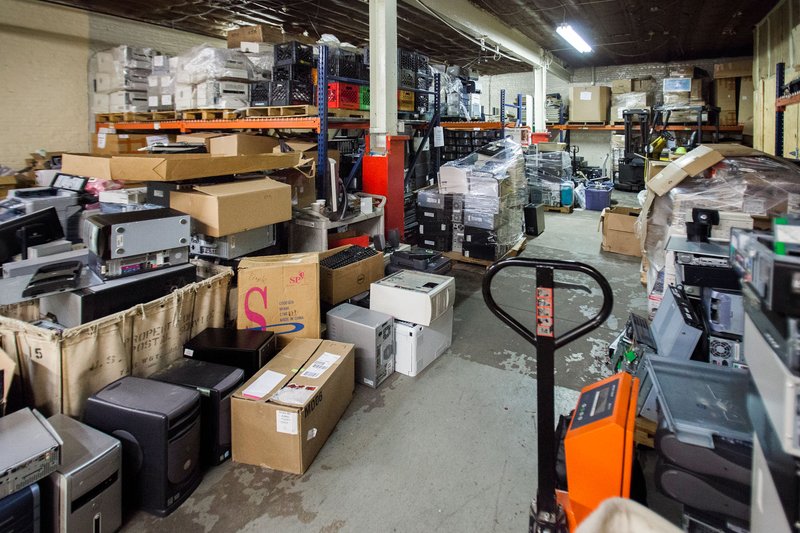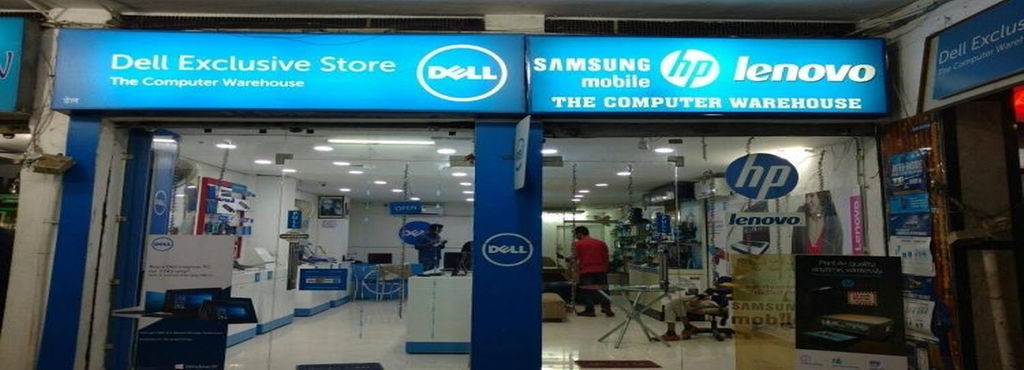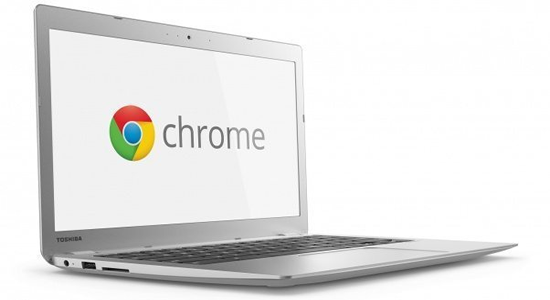Microsoft took on the Chromebook challenge by encouraging PC makers to develop low-cost laptops with the free Windows 8.1 with Bing OS.Chromebook sales have always been a bit of a mystery just like Microsoft’s own Surface sales, but we won’t know the full impact unless Google is willing to share how many are being used on a daily basis.
Shipments of PCs with Google's Chrome OS are growing at the expense of Windows laptops and desktops, as the PC market suffers through its biggest slump since 2008.Microsoft might have more reason to be scared of Chromebooks these days. While the software giant was spooked by Google’s low-cost laptops three years ago, they’ve mostly only been selling well to schools. That appears to have changed over the past year. Chromebooks outsold Macs for the first time in the US last year, and now they appear to be contributing to overall PC market growth.

Microsoft took on the Chromebook challenge by encouraging PC makers to develop low-cost laptops with the free Windows 8.1 with Bing OS. But that effort ended when Microsoft released Windows 10, Chou said.
PC prices are rising, but Chromebooks remain inexpensive because they use basic hardware.
IDC claims the PC market is “up slightly,” recording its first growth in five years. It’s a tiny growth of just 0.6 percent, but it’s a flattening of the market that Microsoft and its PC maker partners have been looking for after years of decline. While percentage growth looks good on paper, it doesn’t always tell the whole story.
Over at Gartner, another market research firm that tracks PC sales, the story is a little different. Gartner claims PC shipments declined 2.4 percent in the recent quarter. There’s a good reason for the disparity between IDC and Gartner’s figures, and it involves Chromebooks. IDC's data includes Chromebooks and excludes Windows tablets, even machines with a detachable keyboard like the Surface Pro. Gartner counts Windows-based tablets as PCs and excludes Chromebooks or any non-Windows-based tablets.
Without IDC providing the exact split of Chromebooks sold vs. Windows- and macOS-based machines, it’s impossible to know exactly how well Google’s low-cost laptops are selling. However, IDC also claims that Chromebooks are doing well with businesses. The US commercial PC market “came out strong mostly backed by growth of Chromebooks,” says IDC. Gartner has no opinion on Chromebooks as the company refuses to track them as PCs.
Chromebook sales have always been a bit of a mystery just like Microsoft’s own Surface sales, but we won’t know the full impact unless Google is willing to share how many are being used on a daily basis. Until then, it’s a guessing game of vague statements from analyst firms, or victory claims in small markets. Either way, it’s about time Chromebooks are considered as PCs by all involved. Microsoft was worried about a threat that didn’t exist a few years ago, but it’s clear that more and more people are now accepting Google’s laptops into their lives for a variety of tasks that don’t require the capabilities of a traditional PC.

Windows 10 has advantages over the Chrome OS. Windows can be used for a wide range of graphics, productivity and CAD/CAM applications, and it supports more hardware than Chrome OS. However, the Chrome OS is much leaner. The future of Chrome OS is clouded, though. Late last year, The Wall Street Journal reported that Google planned to merge Chrome OS into Android.





















